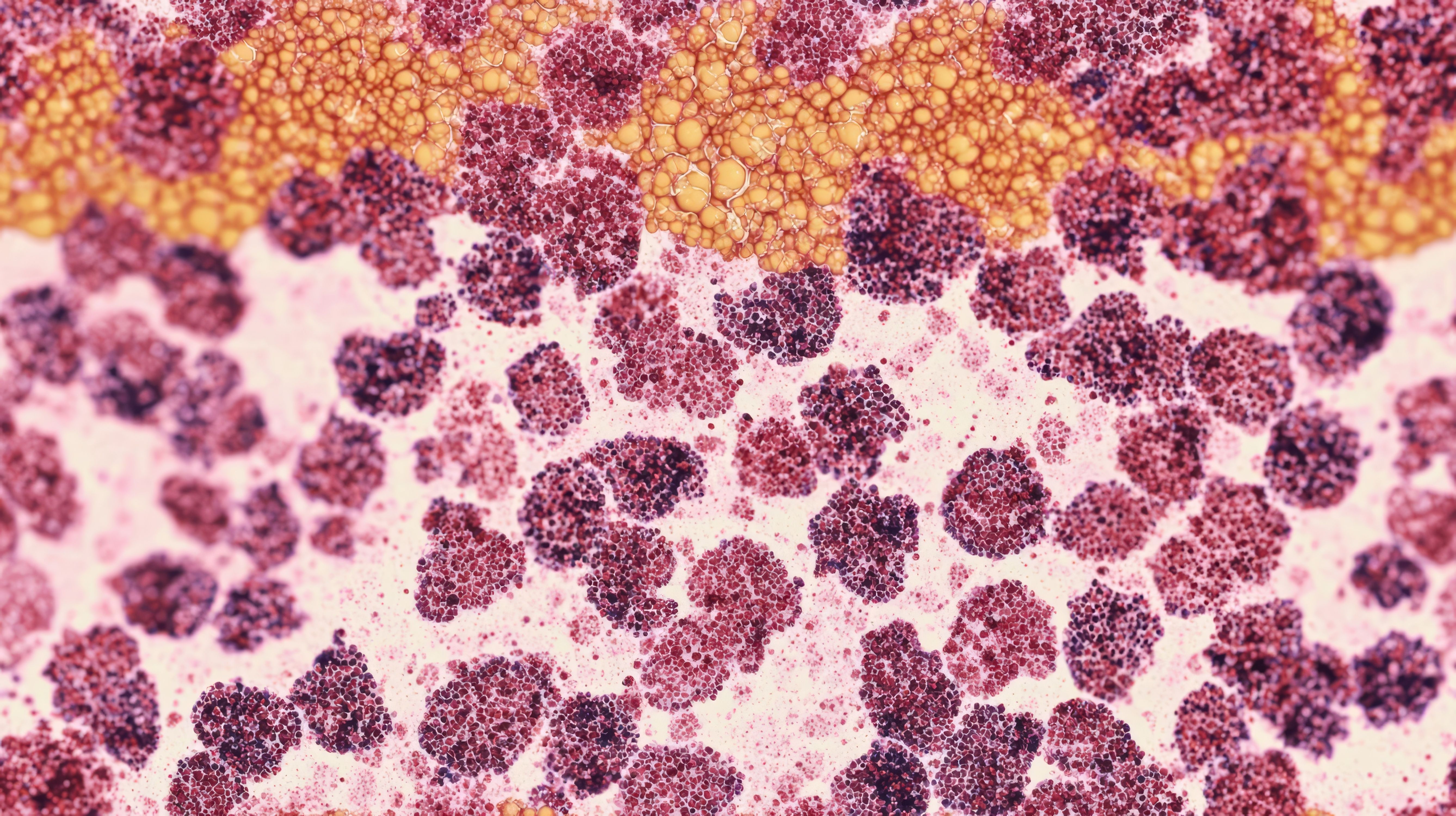
News
Article
Transfusion-Related Acute Lung Injury Requires Prompt Recognition Due to Link With Intravenous Immunoglobulin
Author(s):
In a patient with long-shedding SARS-CoV-2, transfusion-related acute lung injury developed after intravenous immunoglobulin, emphasizing careful treatment considerations.
Transfusion-related acute lung injury (TRALI) is a rare and life-threatening condition linked to treatment with intravenous immunoglobulin (IVIG), and as IVIG use across health care increases, providers and pharmacists must increase their awareness of this potential complication and promptly treat patients.1
Image credit: © Elnur | stock.adobe.com

TRALI is a complication of blood transfusions that can result in acute respiratory distress and non-cardiogenic pulmonary edema. It has been suggested that the main mechanism of TRALI is a systemic inflammatory process with damage to the alveolar-capillary barrier of the lung. The condition has grown in prevalence, prompting the FDA to acknowledge it as the leading cause of transfusion-related mortality.1,2
It is difficult to recognize TRALI in patients due to passive reporting of its symptoms and multiple redefinitions of the condition as a better understanding of its pathophysiology has been gained. As aforementioned, the condition is rare; reported incidence ranges from 0.08% and 1.12% per administered product, with only 17 cases related to IVIG administration over the last 30 years. TRALI’s rarity increases diagnosis and treatment difficulty.1,2
This case report focuses on a patient with TRALI following IVIG administration. The patient was immunosuppressed with rituximab due to multiple sclerosis and was suffering from long-shedding SARS-CoV-2, which is the virus that causes COVID-19. One month prior to the patient’s admission to the hospital, he suffered from COVID-19—in the month since, symptoms such as cough and fatigued have continued.1
A PCR test detected SARS-CoV-2, and the physicians determined that the patient’s deteriorating condition was related to their long-shedding of the virus under immunosuppression with rituximab. An extended oral antiviral therapy was prescribed in addition to a single dose of IVIG.1
However, upon transfusion of IVIG, there was a sudden onset of fever, shivering, and tachycardia, with an initial blood pressure of 114/66 mmHg. Despite warnings from the nurses administering IVIG, the patient ignored the symptoms and continued the transfusion. Critically, hypotension and hypoxemic respiratory failure developed, necessitating an immediate cessation of IVIG.1
The patient was transferred to the intensive care unit following treatment with one-time intravenous furosemide. After 2 hours of non-invasive ventilation, the patient exhibited rapid clinical improvement and was transferred back to the normal hospital ward 24 hours later. His signs and symptoms were interpreted as type 1 TRALI following IVIG administration. As the patient presented a significantly improved general condition with no remaining impairments, he was discharged home 3 days later.1
According to the latest revisions of TRALI criteria in 2019, key occurrences that can indicate the condition are onset of symptoms within 6 hours of transfusion, hypoxemia, bilateral pulmonary edema on imaging, and no evidence of left atrial hypertension. These were all present in the patient being analyzed, confirming the presence of TRALI.1,3
Most presentations of TRALI relate to the transfusion of whole blood, red blood cells, or platelet concentrates, with IVIG-related TRALI being rarely reported. Though this was the first case report to analyze TRALI following IVIG in a patient suffering from long-shedding SARS-CoV-2, other cases of TRALI after IVIG administration in neurological disorders, autoimmune diseases, and hematological disorders have been reported.1
Like the infusion of any blood product, the infusion of IVIG can sometimes be associated with a transfusion reaction, which makes a risk-benefit assessment critically important. Though a review of the patient’s clinical history and risk factors should be performed, the investigators “are inclined to believe that IVIG can be considered for the treatment of patients with IgG deficiency and COVID-19,” they discussed.1
“Although the administration of IVIG can be lifesaving, its application potentially exposes patients to severe complications which should always be kept in mind by the clinical care team,” the study authors concluded.1
REFERENCES
1. Degtiarova G, Conen A, Klarer A, et al. Transfusion-related acute lung injury (TRALI) following intravenous immunoglobulin infusion in a rituximab immunosuppressed patient with long-shedding SARS-CoV-2. BMC Infect Dis. 2024;24:916. doi:10.1186/s12879-024-09809-9
2. Vlaar A, Juffermans NP. Transfusion-related acute lung injury: a clinical review. The Lancet. 2013;382(9898):984-994. doi:10.1016/S0140-6736(12)62197-7
3. Vlaar A, Toy P, Fung M, et al. A consensus redefinition of transfusion-related acute lung injury. Transfusion. 2019;59(7):2465-2476. doi:10.1111/trf.15311
Newsletter
Stay informed on drug updates, treatment guidelines, and pharmacy practice trends—subscribe to Pharmacy Times for weekly clinical insights.
2 Commerce Drive
Cranbury, NJ 08512
All rights reserved.





